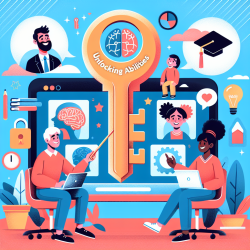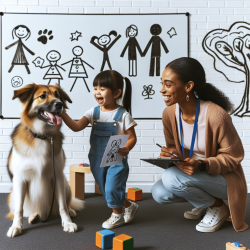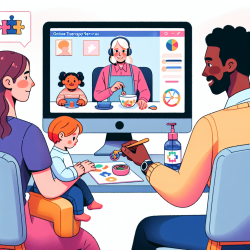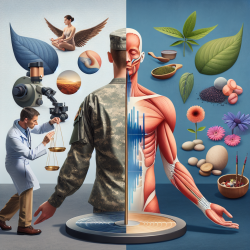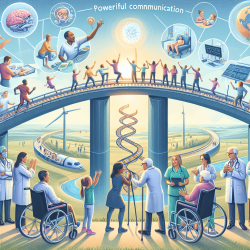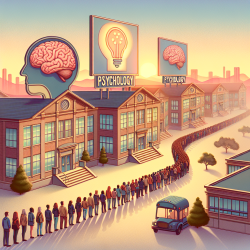Introduction
In the world of education and therapy, understanding cognitive abilities is crucial for predicting and enhancing practical outcomes. The research article "The Great Debate: General Ability and Specific Abilities in the Prediction of Important Outcomes" sheds light on the ongoing debate about the value of general versus specific cognitive abilities. As practitioners, understanding these concepts can significantly enhance your skills and the outcomes for those you serve.
General vs. Specific Abilities: The Debate
The debate between general mental ability (often referred to as "g") and specific abilities has been ongoing since the inception of intelligence testing. General ability refers to the overall cognitive capacity that affects performance across various domains, while specific abilities pertain to skills in particular areas such as verbal, numerical, or spatial reasoning.
Historically, the emphasis has been on general ability as a predictor of success in real-world scenarios like academic achievement and job performance. However, recent research suggests that specific abilities also play a crucial role, sometimes offering incremental validity beyond what general ability can predict.
Implications for Practitioners
As a practitioner, understanding the nuances of this debate can enhance your approach to therapy and education. Here are some ways to apply these insights:
- Holistic Assessment: Incorporate both general and specific ability assessments in your evaluations. This comprehensive approach can provide a more detailed understanding of an individual's strengths and areas for improvement.
- Customized Interventions: Tailor your interventions to target specific abilities. For example, if a student excels in verbal reasoning but struggles with numerical tasks, focus on enhancing numerical skills while leveraging their verbal strengths.
- Continuous Learning: Stay informed about the latest research in cognitive abilities. This will enable you to refine your methods and adopt evidence-based practices that align with current findings.
Encouraging Further Research
The field of cognitive abilities is dynamic, with ongoing research providing new insights. As a practitioner, consider engaging in or supporting research efforts. This could involve collaborating with researchers, participating in studies, or simply staying updated with the latest publications.
Conclusion
The debate on general versus specific abilities is far from settled, but it provides a rich area for exploration and application in educational and therapeutic settings. By understanding and applying these concepts, you can enhance your practice and contribute to the development of more effective interventions.
To read the original research paper, please follow this link: The Great Debate: General Ability and Specific Abilities in the Prediction of Important Outcomes.
